The End of Promises
Bridging Interpretations Towards a New Era of European Security
#YSC2022: 3rd & 4th June 2022
The YSC 2022, like previous conferences, offered a new venue for foreign and security policy. It built upon two dimensions: the transatlantic alliance and Franco-German relationship, with specific focus on the French Presidency of the Council of the European Union.
Why the two Dimensions?
The relevance of the two topics is tightly connected to the immediate and long-term future of Europe in the emerging global order. It is influenced by factors such as: actors with global ambitions like China and Russia; landmark events such as Brexit, the presidency of Donald J. Trump or climate change; the conflicts in the EU neighborhood but also the internal political and economic convulsions within the EU itself.
The end of World War II and the long process of post-War reconstruction of Europe represented the beginning of a new era for European history. Despite the 45 years of division between Western and Eastern Europe, the political and economic re-unification of the two blocs remained a project still viable in the minds and spirits of many European citizens and leaders. The long-term partnership between Europe and the United States of America remains the main anchor of the West as established through the Marshall Plan and the North Atlantic Alliance (NATO) in the late 1940s. Shortly after, the launch in the 1950s of the process of European Integration, through the CECA and then EEC/EU, built the second anchor of the Western civilization, on a geopolitical basis.
The post-Cold War enlargement of this environment of cooperation, although challenging in many regards, involved not only a political and economic endeavor but also a social and cultural transformation. Today, this environment faces new challenges internally and from afar: populism, corruption, a dysfunctional rule of law, environmental challenges, and a strong contestation of Western values of democracy and human rights. In this ever-changing context, the Young Security Conference (YSC) contributes by delivering an innovative, non-partisan, non-affiliated and inter-generational approach towards the collaboration between European and US students, young professionals, and experts from different areas of activity but with the common ambition to be part of a growing network and an exciting project with ambitious goals.
-
After the Trump presidency and recent episodes, such as the withdrawal from Afghanistan or the AUKUS polemics, the transatlantic alliance finds itself at a historical crossroads, unsure of its place.
We now live in a world affected by COVID-19 and climate change, with ever more frequent crises, affecting great powers and our collective security.
The YSC and its Fellows have the responsibility to provide a new voice, new answers and new questions to these challenges that are not only transatlantic but truly global.
-
As of 1 January 2022, France will hold the six-month presidency of the Council of the European Union. This will occur in the same year as its presidential elections, which remain vital for the definition of its European policy.
France’s EU Presidency will face the challenging task of readjusting the EU's strategic compass and the French-led Council agenda for 2022 should set the course for European security and defense policy for the coming years.
It should identify ways to ensure the ‘sovereignty’ and ‘autonomy’ of the EU in the face of both past and novel threats. The Franco-German cooperation will continue to actively shape the future European security agenda in several domains.
Our Topic Pillars for 2022
-
The climate crisis is the biggest challenge of our lifetime. The Euro Atlantic community and individual states must provide solutions and show willingness to move towards a sustainable model of governance and development. We need a revival of rules and institutions, and we must raise efforts to assess climate security risks and establish concrete steps forward towards limiting climate change and the degradation of the environment.
-
The cyber threat level across the globe, and particularly in Europe, has constantly risen over the last years. This will also involve a consideration of the military dimension of cyberspace, a potential role of the EU in the still to be defined concept of “cyber diplomacy”, or the rise of AI - particularly amidst national divergences.
-
In the context of EU’s objective to become a stronger actor in the world, the topic of European neighborhood aims at delivering a comprehensive image of the current top-priority issues in the EU, and the surrounding regions. Thus, regions like North Africa, the Middle East, the Russian Federation, and Central Asia manifest a constant interest for the European Union, from perspectives manifesting preventive approaches that contribute to the EU’s current and future endeavors towards its objectives.
-
France and Germany intend to make the medical and pharmaceutical industries more resilient, as the pandemic has revealed clear weaknesses. Ensuring a continuous medical supply throughout Europe has gained strategic importance and poses a great opportunity for the Union to show the added value of supranational cooperation.
-
Franco-German cooperation in the defense industry, also involving other European countries, will become much more significant and play a major role in the future. But here, too, different approaches and views in Europe could undermine Europe's further development into a strategically autonomous international actor.



